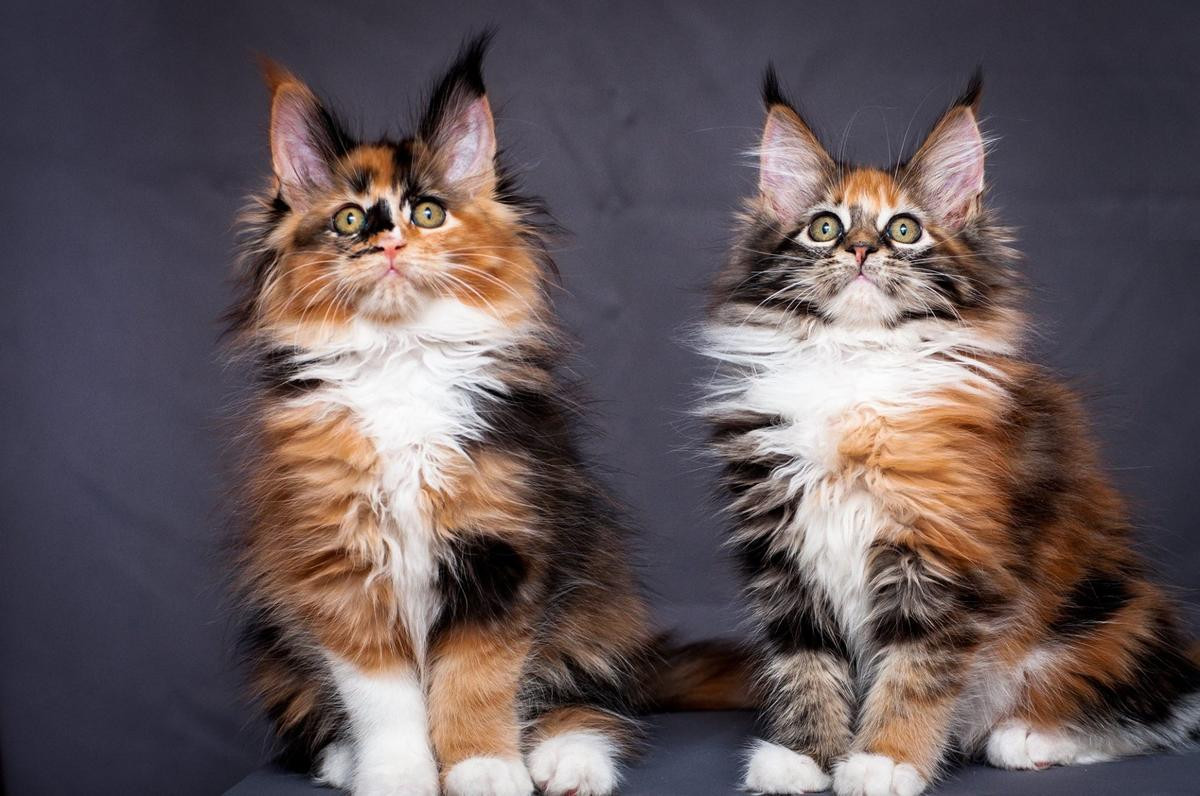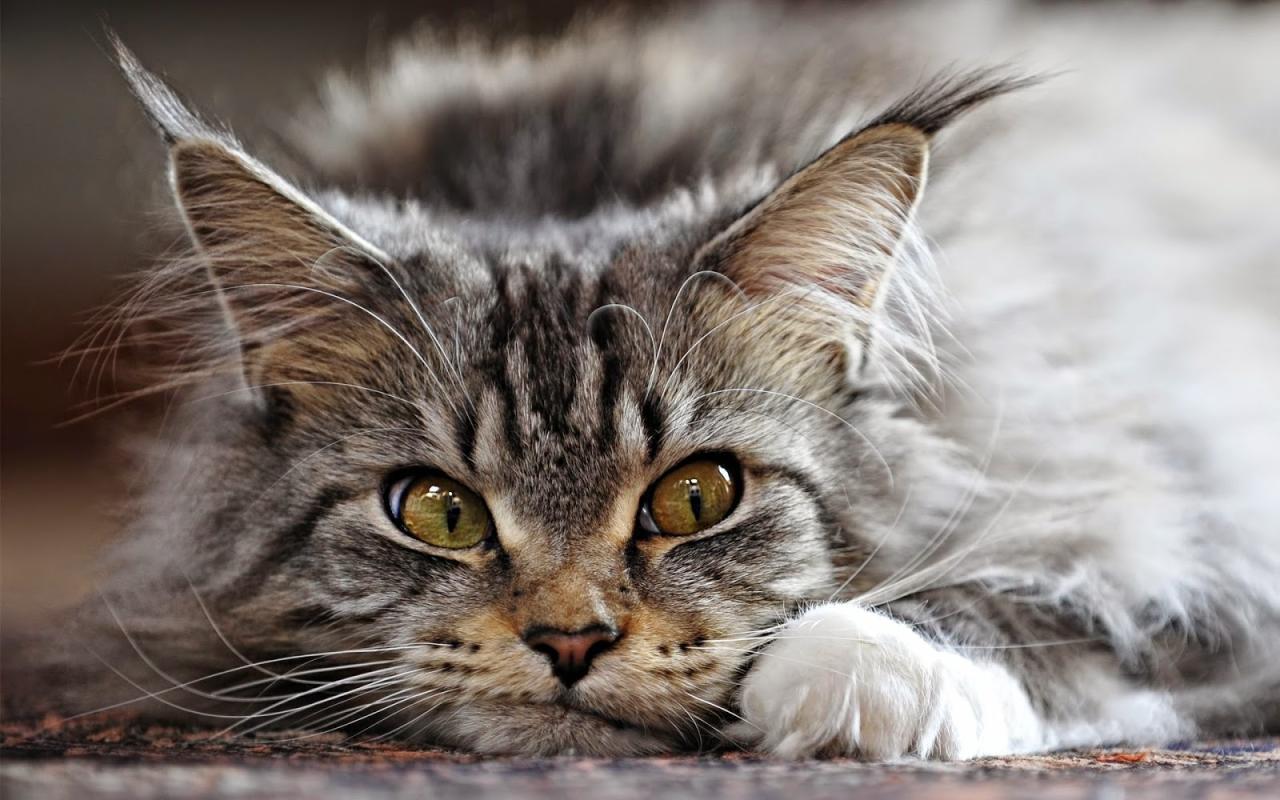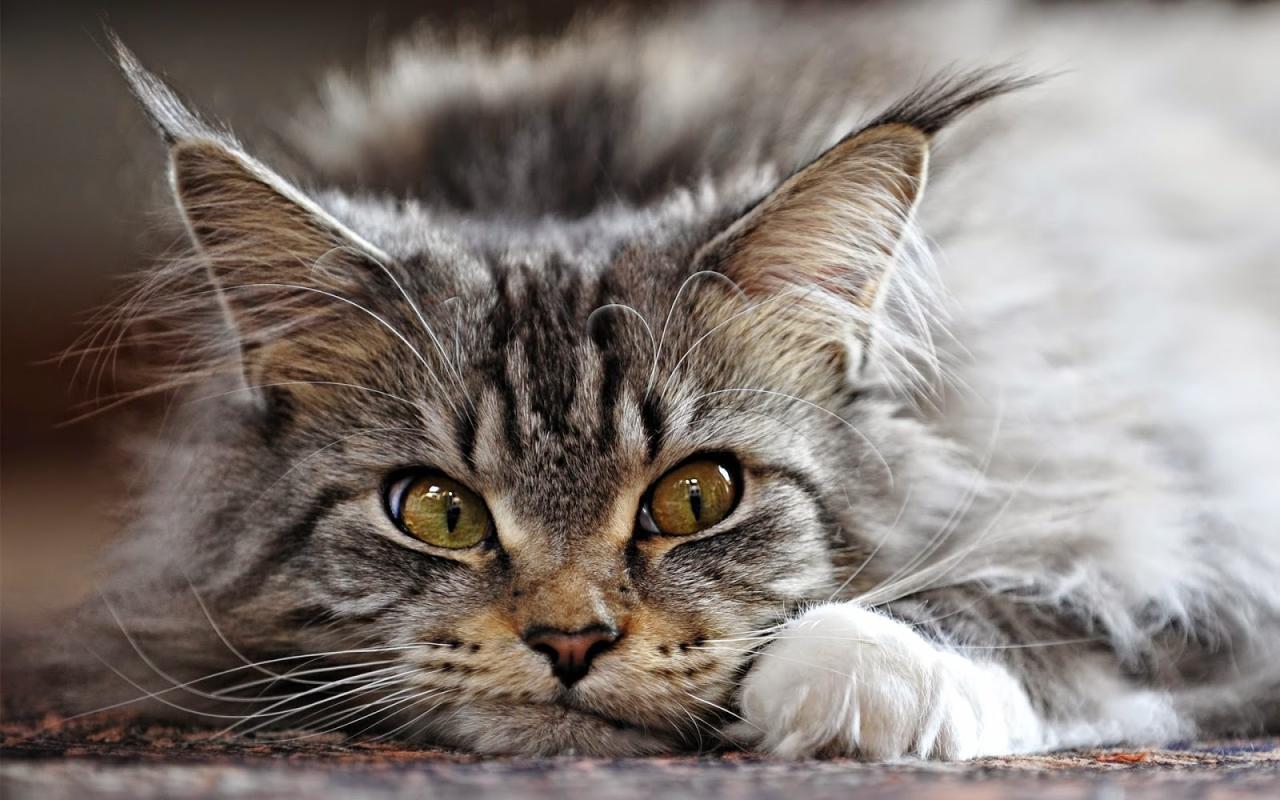How to buy maine coon cat – Embark on a captivating journey into the world of Maine Coon cats, where gentle giants with flowing manes and playful personalities await your embrace. From selecting a reputable breeder to providing exceptional care throughout their lives, this guide will empower you to make informed decisions and create an extraordinary bond with your feline companion.
As you delve into the intricacies of Maine Coon ownership, you’ll discover their unique history, nutritional needs, grooming routines, and potential health concerns. With each step, our comprehensive approach will guide you towards creating a fulfilling and harmonious life for your beloved feline friend.
Breed Overview
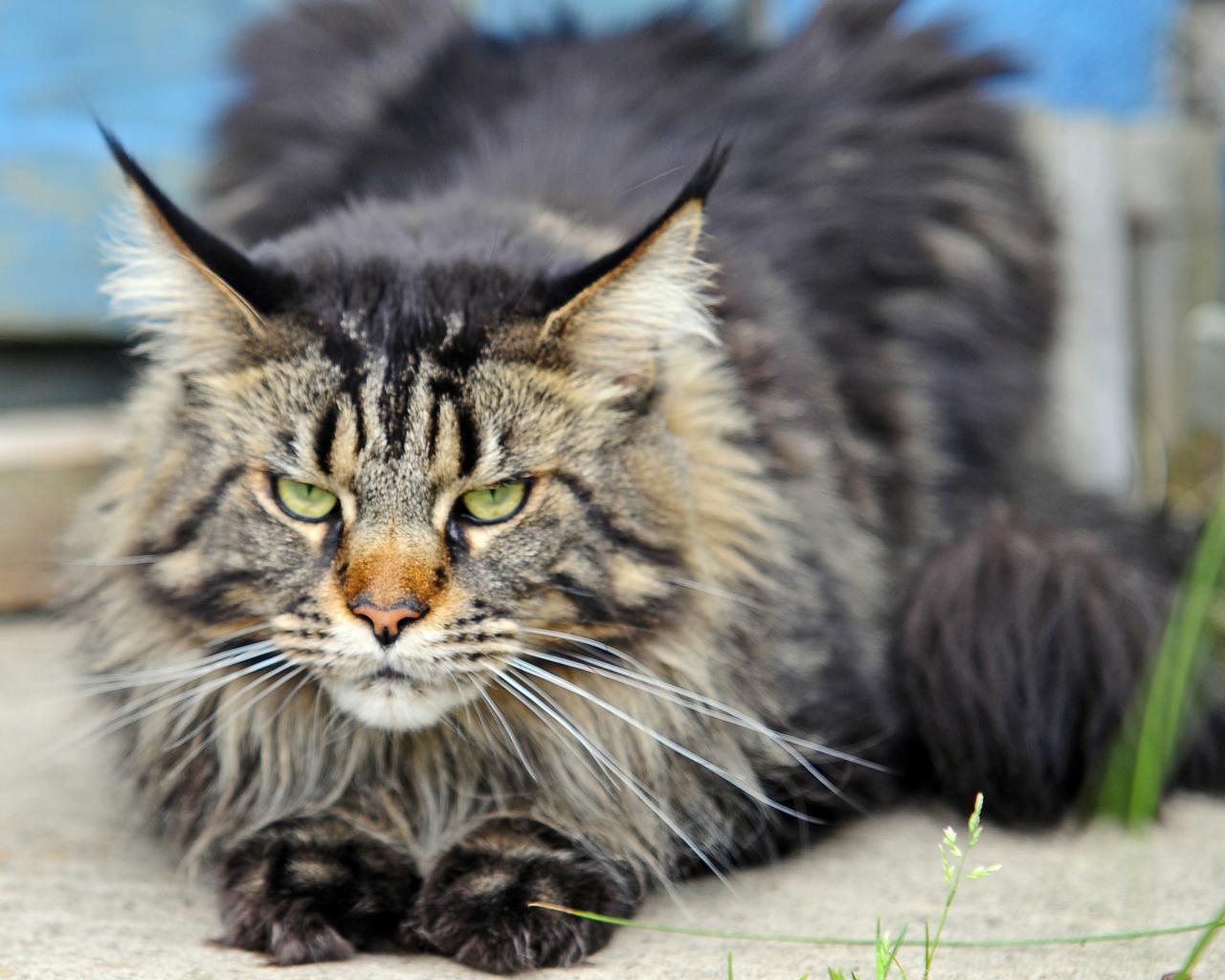
Maine Coon cats, with their gentle nature and impressive physical attributes, stand as one of the most sought-after breeds. Their distinctive features include a large, muscular body, a thick, flowing coat, and an enchanting tufted tail. The breed’s affectionate and playful demeanor makes them exceptional companions.
History and Origin
The origins of the Maine Coon cat remain shrouded in mystery, with various legends contributing to their captivating allure. One theory suggests that these cats descended from longhaired cats brought to Maine by Viking explorers in the 11th century. Another tale traces their lineage to the interbreeding of domestic cats with bobcats, giving rise to their impressive size and hunting prowess.
Regardless of their exact origins, Maine Coon cats have become deeply intertwined with the history of the state of Maine. In the 19th century, they gained recognition as skilled mousers and were highly prized by farmers. Their popularity soared in the 1950s when they were officially recognized as a breed by major cat associations.
Breeder Selection

Selecting a reputable breeder is crucial to ensure the health and well-being of your future Maine Coon companion. Here are some key factors to consider when choosing a breeder:
Experience and References
Look for breeders with extensive experience in raising Maine Coons. They should be able to provide references from previous buyers who can attest to the quality of their kittens and the breeder’s professionalism.
Health Screenings and Genetic Testing
Reputable breeders prioritize the health of their cats. They should conduct thorough health screenings for common genetic disorders in Maine Coons, such as hypertrophic cardiomyopathy (HCM) and polycystic kidney disease (PKD). Genetic testing can also be used to identify carriers of certain genetic diseases, helping breeders make informed breeding decisions.
Kitten Care
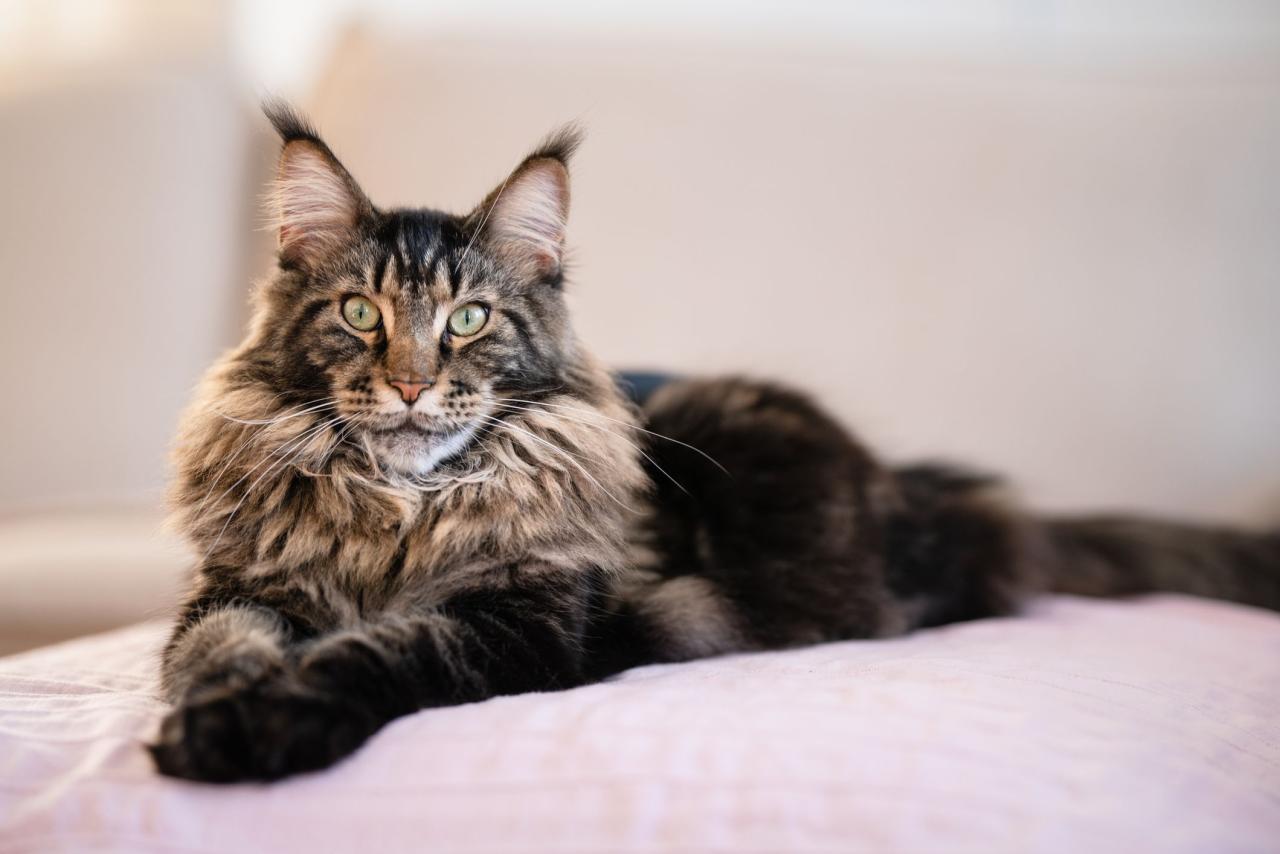
Welcoming a Maine Coon kitten into your home is an exciting journey that requires responsible care and attention. Providing proper nutrition, regular veterinary checkups, and essential grooming practices are crucial for their well-being and development.
Kitten Nutrition and Feeding
Maine Coon kittens have specific dietary needs that support their growth and energy levels. Their diet should consist of high-quality kitten food formulated to meet their nutritional requirements.
- Feeding Schedule:Feed kittens small, frequent meals throughout the day. Start with 3-4 meals per day and gradually reduce the frequency as they grow older.
- Wet Food:Wet food provides essential hydration and is easier for kittens to digest. Offer a mixture of wet and dry food to ensure a balanced diet.
- Dry Food:Dry food helps maintain dental health and provides a source of continuous nourishment.
- Water:Ensure kittens have constant access to fresh, clean water.
Vaccinations and Veterinary Checkups
Regular vaccinations and veterinary checkups are essential for protecting your kitten’s health and preventing diseases.
| Age | Vaccine |
|---|---|
| 6-8 weeks | FVRCP (Feline Viral Rhinotracheitis, Calicivirus, Panleukopenia) |
| 10-12 weeks | Second FVRCP |
| 14-16 weeks | Rabies |
| 1 year | Booster for FVRCP and Rabies |
Regular veterinary checkups allow your veterinarian to monitor your kitten’s growth, provide necessary vaccinations, and address any health concerns.
Grooming Practices
Maine Coons have thick, luxurious coats that require regular grooming to maintain their health and appearance.
| Grooming Task | Frequency |
|---|---|
| Brushing | 2-3 times per week |
| Bathing | Every 6-8 weeks, or as needed |
| Nail Trimming | As needed (typically every 2-3 weeks) |
| Ear Cleaning | Monthly or as needed |
Regular grooming helps prevent mats and tangles, removes loose hair, and promotes skin health. It also allows you to bond with your kitten and check for any potential health issues.
Adult Cat Care: How To Buy Maine Coon Cat
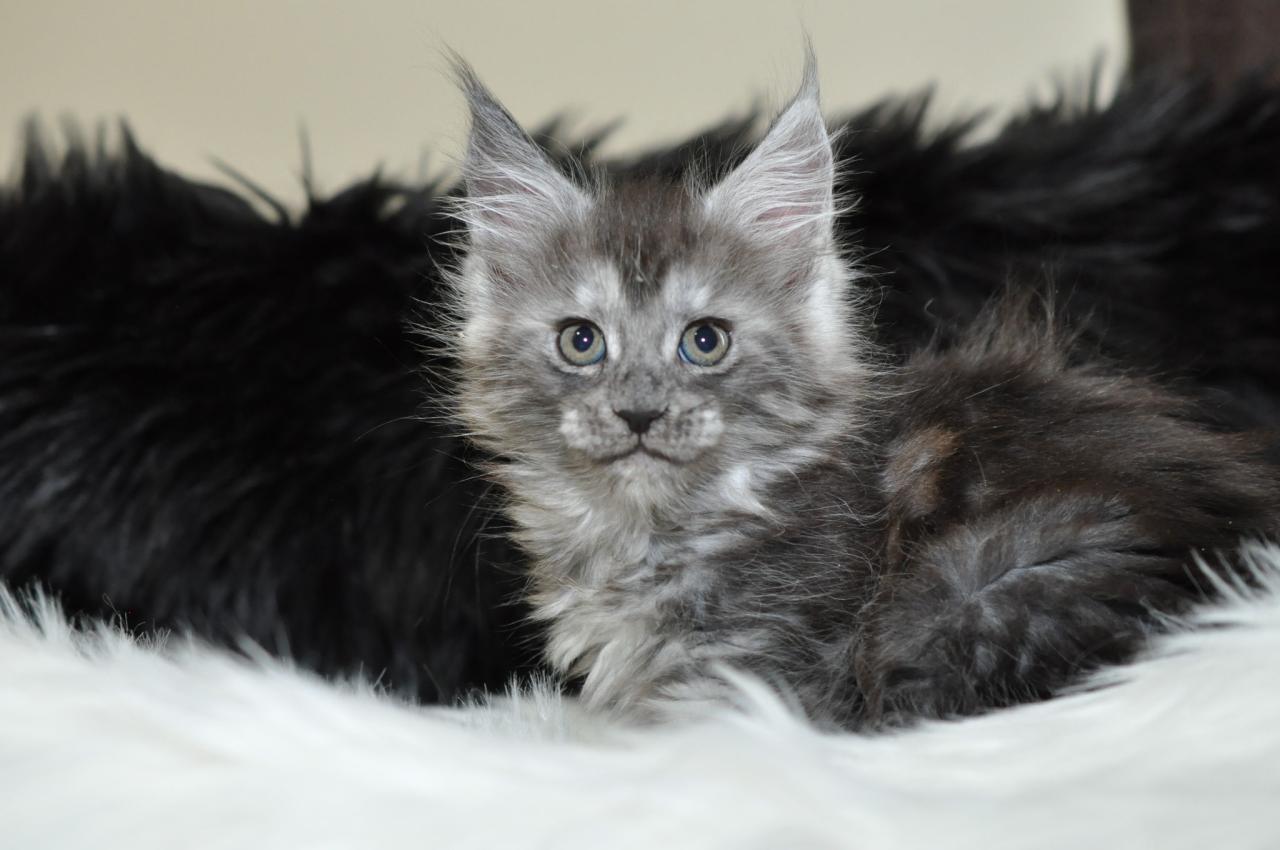
As your Maine Coon enters adulthood, their nutritional needs and health concerns may shift. Providing appropriate care will ensure their well-being and maintain their majestic appearance.
Understanding their specific dietary requirements, common health issues, and proper grooming techniques will equip you to provide optimal care for your beloved feline companion.
Dietary Needs, How to buy maine coon cat
Maine Coons have a hearty appetite and require a diet rich in high-quality protein and moderate fat. Their large size and active lifestyle demand a calorie-dense diet to maintain their energy levels.
- Protein:Essential for muscle development and repair, aim for a diet containing at least 30% protein.
- Fat:Provides energy and supports healthy skin and coat. Choose foods with around 15-20% fat content.
- Carbohydrates:While not as essential as protein and fat, carbohydrates provide energy and fiber for digestive health.
Common Health Issues
Like all breeds, Maine Coons are prone to certain health conditions. Understanding these issues and implementing preventive measures can help ensure their long-term well-being.
- Hypertrophic Cardiomyopathy (HCM):A condition where the heart muscle thickens, leading to heart failure. Regular veterinary checkups and screenings can help detect and manage HCM.
- Polycystic Kidney Disease (PKD):A genetic condition characterized by the development of cysts in the kidneys. Screening tests can identify cats at risk, allowing for early intervention.
- Hip Dysplasia:A condition where the hip joint doesn’t develop properly, causing pain and lameness. Maintaining a healthy weight and providing joint supplements can help prevent and manage hip dysplasia.
Grooming Techniques
Maine Coons’ luxurious coats require regular grooming to prevent mats and tangles. Their thick, double-layered fur needs specific care to maintain its beauty and prevent skin irritation.
- Brushing:Brush their coat at least twice a week, using a wide-toothed comb or slicker brush to remove loose hair and prevent mats.
- Bathing:Bathe your Maine Coon every 4-6 weeks or as needed. Use a gentle shampoo specifically designed for cats and avoid over-bathing, as it can strip their coat of natural oils.
- Trimming:Trim their nails regularly to prevent overgrowth and potential injury. Check their ears for wax buildup and clean them gently with a cotton ball moistened with a pet-safe ear cleaner.
Costs and Expenses

Acquiring a Maine Coon can be a significant financial investment, and it’s essential to consider the ongoing costs associated with owning one of these magnificent felines.
Acquisition Costs
The cost of a Maine Coon varies depending on the breeder’s reputation, the kitten’s lineage, and the region where you live. It’s generally recommended to purchase a Maine Coon from a reputable breeder who can provide health guarantees and a pedigree.
The following table provides an estimated range of acquisition costs:
| Breeder Type | Cost Range |
|---|---|
| Backyard Breeder | $300
|
| Hobby Breeder | $600
|
| Professional Breeder | $1,200
|
Ongoing Expenses
In addition to the initial acquisition cost, there are ongoing expenses associated with owning a Maine Coon, including:
- Food:Maine Coons are large cats with hearty appetites. Expect to spend around $50-$100 per month on high-quality cat food.
- Veterinary Care:Regular veterinary checkups, vaccinations, and parasite control are essential for maintaining your Maine Coon’s health. The average cost of annual veterinary care ranges from $200-$500.
- Insurance:Pet insurance can help cover the costs of unexpected veterinary expenses. Premiums vary depending on the policy and the cat’s age and health, but you can expect to pay around $30-$50 per month.
Unexpected Costs and Emergency Funds
Even with regular veterinary care, unexpected health issues can arise. It’s important to have an emergency fund set aside to cover the costs of unexpected medical expenses. The amount you should save will vary depending on your cat’s age and health history, but a good rule of thumb is to aim for $1,000-$2,000.
Final Summary
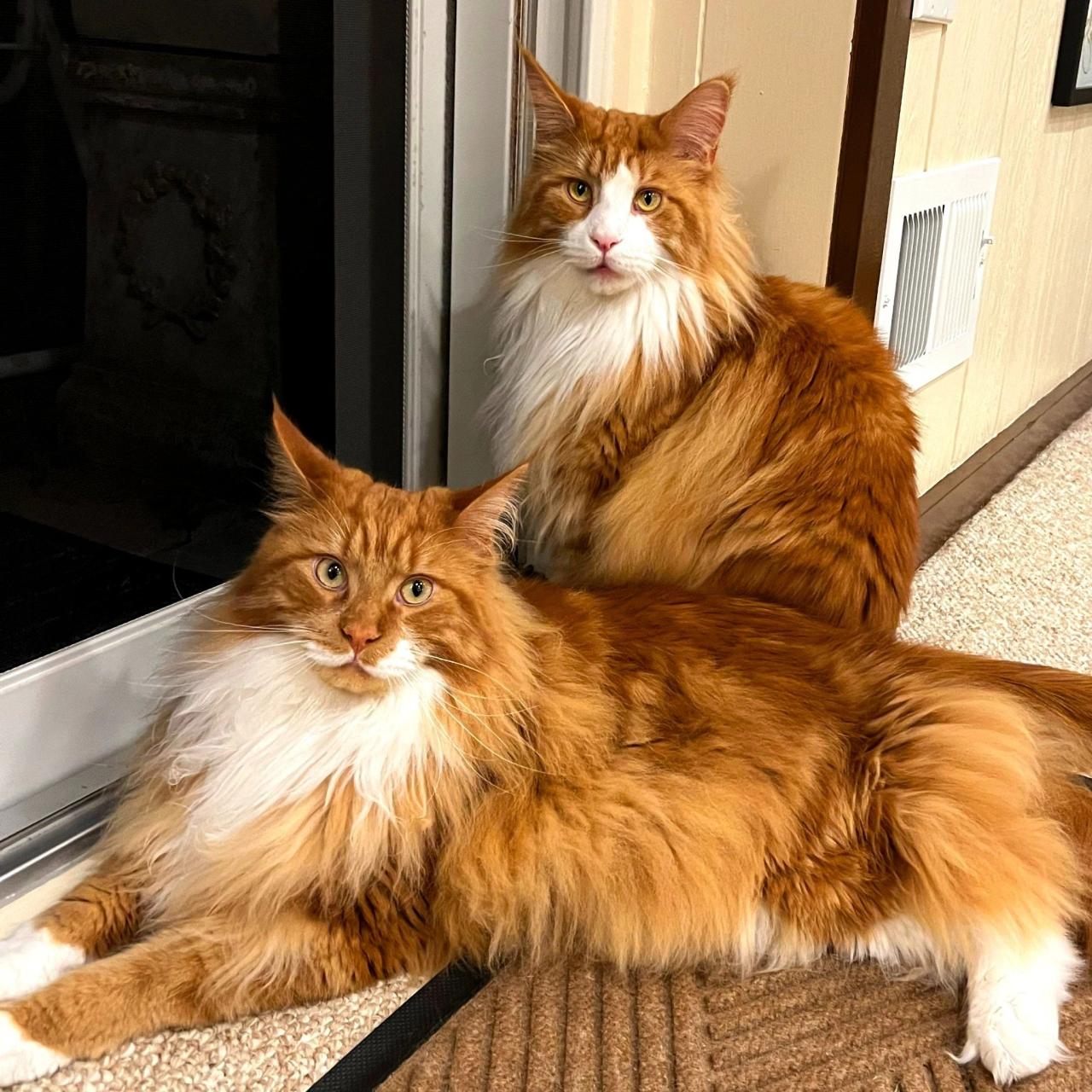
The decision to bring a Maine Coon cat into your life is a profound one, filled with both joy and responsibility. By following the insights and guidance provided in this guide, you’ll be equipped to navigate the path of Maine Coon ownership with confidence and create a lasting legacy of love and companionship.
